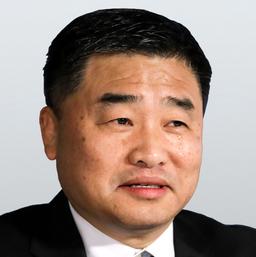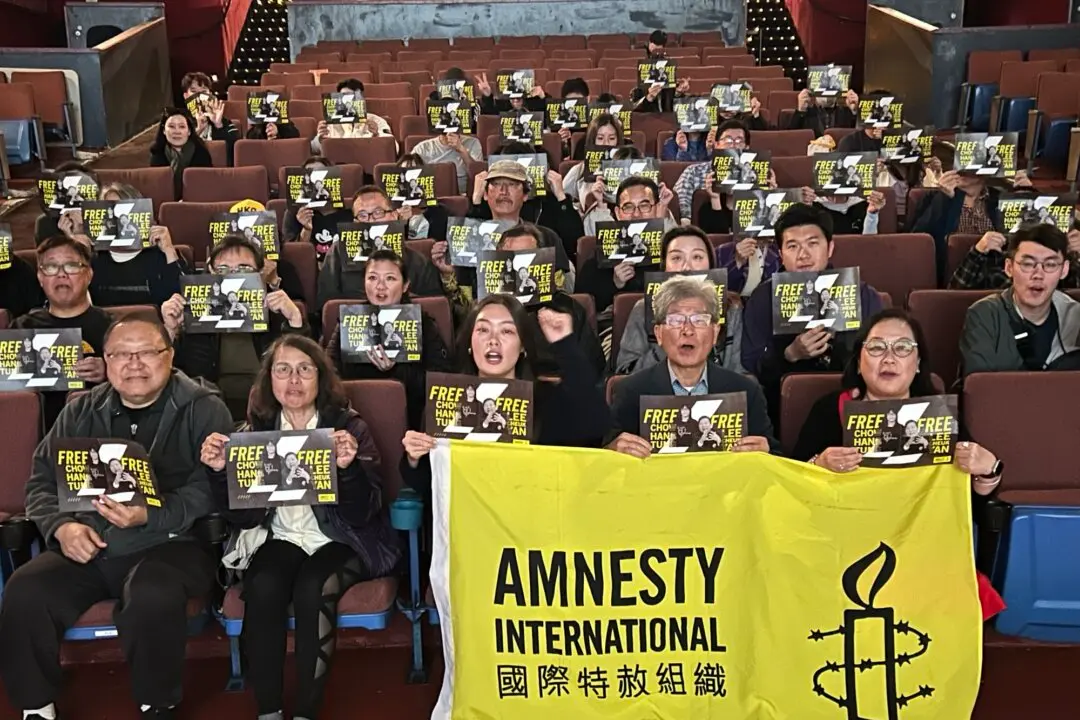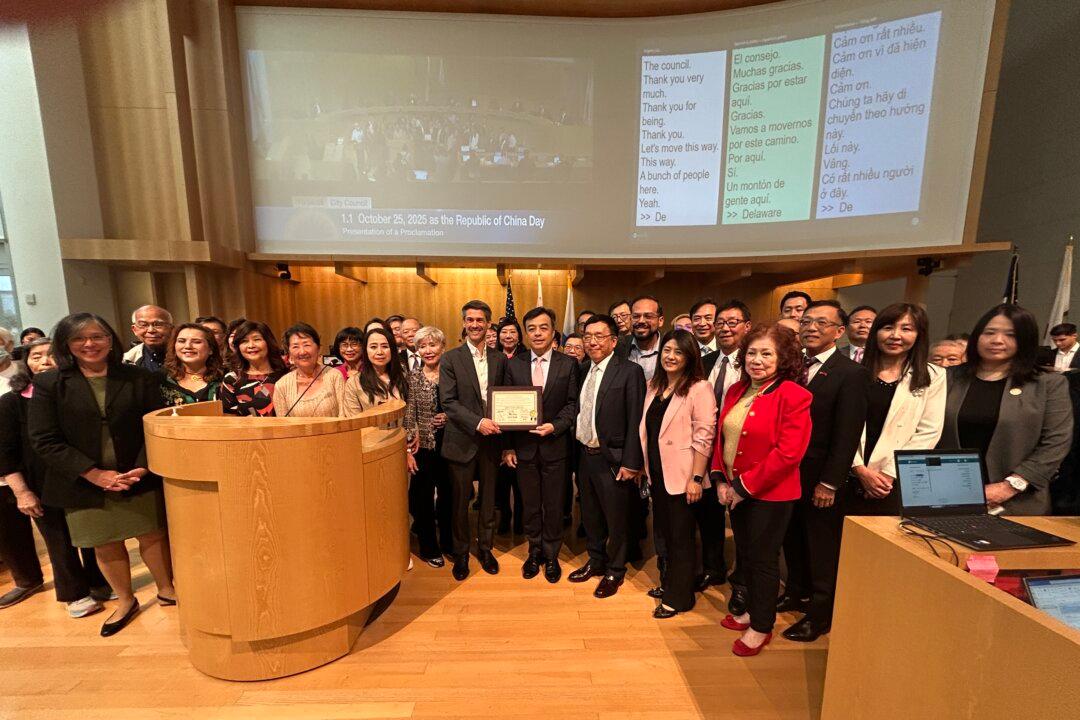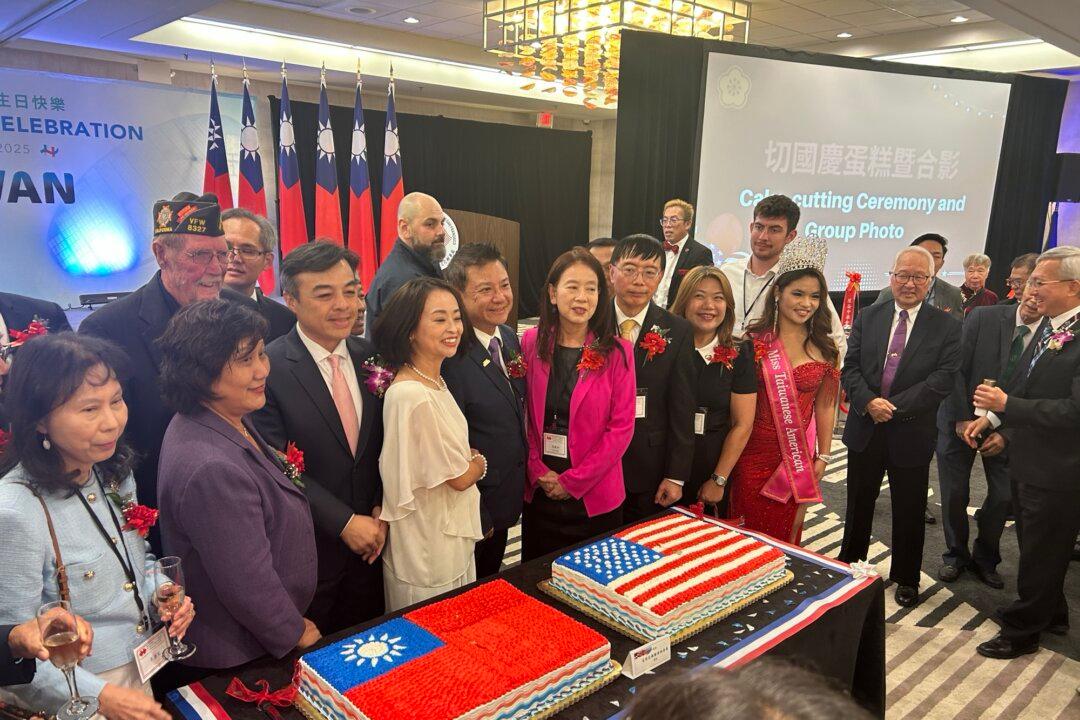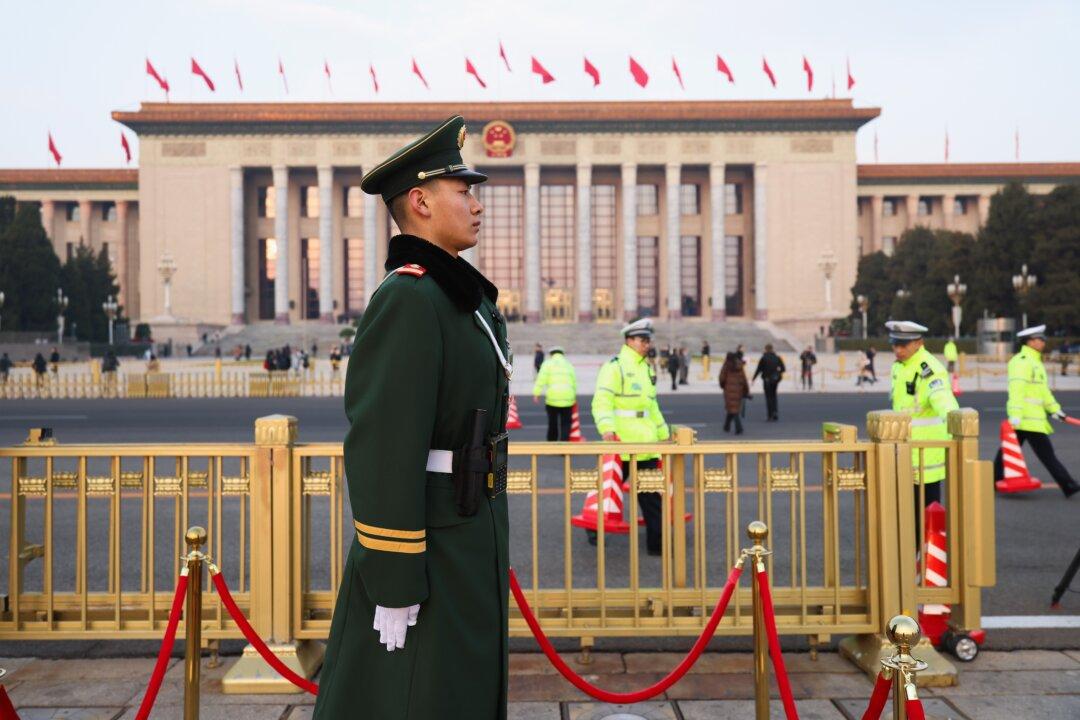According to a recent article by Taiwan’s Ministry of Foreign Affairs, Taiwanese passport holders are blocked from entering UN premises for public visits and meetings, and Taiwanese journalists and media outlets are denied accreditation to cover UN meetings.
Additionally, the United Nations, under the pressure from China, has not allowed Taiwan to attend the regular activities of UN agencies with a non-UN member status. These activities include events hosted by the International Civil Aviation Organization (ICAO).
Taiwan’s President Tsai Ing-wen recently visited New York and expressed her desire to work with the United Nations to achieve the UN Sustainable Development Goals (SDGs). President Tsai met with the representatives of Taiwan’s ally countries at the United Nations, and reiterated that Taiwan’s 23 million people have the right to participate in the UN system.
Since Sep. 2015, the United Nations has been pushing its 2030 Agenda for Sustainable Development. The goal of this agenda is to “free the human race from the tyranny of poverty” by 2030.
The UN agenda also states that “we are resolved to take the bold and transformative steps which are urgently needed to shift the world onto a sustainable and resilient path,” and pledged “no one will be left behind.”
However, society in Taiwan has been left out by the United Nations goals.
“Taiwan, a full-fledged democracy, has made considerable progress in fulfilling the SDGs and has provided assistance to countries in need,” states a recent article written by Dr. Jaushieh Joseph Wu, Taiwan’s Minister of Foreign Affairs. Wu claims that “Taiwan has made great strides in alleviating poverty and achieving zero hunger. Our percentage of low-income households has been reduced to 1.6 percent.”
Wu also provided a long list of Taiwan’s achievements in his article as evidence that Taiwan could help international society. This list includes achievements such as health insurance for over 99 percent of the population, recycling rate more than 55 percent, literacy rate over 98 percent, infant mortality rate only 4.2 per 1,000, and so on.
Lin Chia-Lung, Taiwan’s Minister of Transportation and Communications, also recently wrote an article to “call upon the global community to urge ICAO to allow Taiwan’s professional and constructive participation, which we believe would greatly help ICAO realize its vision and accomplish its mission of connecting the world.”
The United Nations has officially recognized the People’s Republic of China (PRC) as “the only legitimate representative of China to the United Nations” since the passage of UN Resolution 2758 in 1971. The resolution also removed the membership status of Taiwan (also known as Republic of China, or ROC).
Although Taiwan has been making consistent efforts to attend different UN agencies activities without a formal member status, the United Nations has barred Taiwan’s presence from these events.
The United Nations has yielded to political pressure from Beijing and refused to giving Taiwan a non-member observer status to participate UN activities for the benefits of people living in the island nation.
Blocking Taiwan’s passport holders from UN premises and denying Taiwanese media accreditations have escalated the UN actions to a level contradictory with the UN Universal Declaration of Human Rights, which set out non-discrimination principles that forbid distinction of any kind, including those of social origin.
“These practices are unjust and discriminatory, and contravene the principle of universality upon which the UN was founded,” Wu asserts in his article.

